Health insurance (HI) is an important pillar of social security; it is the basis for gradually moving towards equity in health care; sharing between the healthy and the sick, the rich and the poor, people of working age with children and the elderly. Responding to Vietnam Health Insurance Day (July 1) this year, the Ministry of Health chose the theme: "Effective use of the HI fund and improving the quality of medical examination and treatment under HI at grassroots health facilities".

According to the report of the Ministry of Health, after 15 years of implementing Directive No. 38-CT/TW (dated September 7, 2009) of the Secretariat on "Promoting health insurance in the new situation", health insurance policies have truly entered life, contributing to the socio -economic development of the country...
By the end of 2023, the number of people participating in health insurance had increased more than 8 times compared to 2008, the rate of population participating in health insurance reached 93.35%, exceeding 0.15% compared to Resolution No. 01/NQ-CP (dated January 5, 2024) of the Government. The number of people with health insurance cards going for medical examination and treatment increased rapidly each year, in 2023 it was 174.8 million and in the period from 2009-2023, the average was over 141 million per year, with the total cost of medical examination and treatment averaging 66.2 trillion VND/year. In particular, during the period when the whole country was affected by the Covid-19 pandemic, the pillar role of the health insurance policy in the social security system was increasingly promoted, contributing to health care and stabilizing people's lives.
Deputy Minister of Health Tran Van Thuan shared that the promotion of health insurance has created a strong change, promoting the improvement of the quality of health services for the people; creating trust, confidence, and peace of mind when health insurance participants come to medical facilities for examination and treatment.
The rights of health insurance participants are increasingly expanded, and access to health insurance examination and treatment services is increasingly convenient. The list of drugs, medical supplies, and technical services used according to professional capacity and technical level is both to ensure the rights of health insurance cardholders when coming to medical facilities and to require improving the technical level of medical facilities. The grassroots health network covers the whole country, gradually being strengthened in terms of facilities, equipment, and human resources. The quality of medical examination and treatment at the grassroots level has been improved.
Notably, the list of modern and traditional medicines, medical supplies, and technical services has increased; the list of medicines, medical supplies, and technical services is used according to professional capacity and technical expertise. The lists are updated, adjusted, and supplemented to meet the requirements of medical examination and treatment. The co-payment policy (0-20%) for each target group has supported the disadvantaged and disadvantaged people. In addition, the rights and benefits for people with health insurance are now expanded through policies such as provincial linkage, expansion of voluntary health insurance participation, etc.
In addition to the achieved results, the health insurance policy still has some difficulties and limitations such as: the compliance with the health insurance law of some groups of subjects such as employers and household participants is not serious; the quality of medical examination and treatment has not met the needs of the people, especially at the grassroots health care level and in mountainous provinces, remote areas; the price of medical services has not been calculated correctly and fully. In addition, some Steering Committees for the implementation of social insurance (SI) and health insurance policies at all levels in some provinces and cities have not been resolute in leading and directing the implementation of related legal policies; have not been able to arrange local budget sources to support additional health insurance contributions for some participants such as people in near-poor households, households in agriculture, forestry, fishery, salt production with average living standards, etc.
According to Dr. Nguyen Khanh Phuong (Director of the Institute of Health Strategy and Policy - Ministry of Health), there are many reasons leading to the above shortcomings. However, the health insurance contribution rate in Vietnam is low compared to the scope of benefits and is also lower than many countries in the region. That is also the reason why people's out-of-pocket expenses when going to see a doctor or receiving medical treatment remain high (over 40%). Dr. Nguyen Khanh Phuong believes that in order for the Health Insurance Fund to be sustainable, it is necessary to apply co-payment for all people participating in health insurance (at a rate of 20%); require mandatory participation, and participation of the whole household to avoid unfavorable choices for the fund (only participating in health insurance when sick).
On the other hand, there needs to be a vigilant “gatekeeper” to control referrals, control fraud, and abuse of the health insurance fund... In the long term, it is necessary to manage chronic diseases well to avoid complications requiring hospitalization, leading to high medical examination and treatment costs... Currently, the price of health insurance medical examination and treatment services still does not include all components (direct costs, salaries, management costs and asset depreciation...), making it difficult to improve the quality of medical examination and treatment.
July 1 this year marks the 15th year of implementing Decision No. 823/QD-TTg dated June 16, 2009 of the Prime Minister on taking July 1 every year as "Vietnam Health Insurance Day". The Ministry of Health chose the communication theme: "Effective use of the health insurance fund and improving the quality of health insurance examination and treatment at grassroots health facilities" to continue to strengthen advocacy and mobilize Party committees at all levels, authorities and all classes of people to well implement health insurance policies and laws in conjunction with implementing Directive No. 25-CT/TW dated October 25, 2023 of the Secretariat on continuing to consolidate, improve and improve the quality of grassroots health care activities in the new situation.
The Ministry of Health recommends that localities strengthen the State management of health insurance. At the same time, focus on promoting propaganda about the position, role, significance and humanity of health insurance policy in the social security system, contributing to the implementation of social progress and justice; propagate and explain to people to clearly understand the goals of health insurance development in order to create favorable conditions for everyone to participate and benefit from health insurance policy, thereby motivating and encouraging people to actively and proactively participate; expand support policies for groups of poor and near-poor households, people in households working in agriculture, fisheries, students, ethnic minorities, remote areas, disadvantaged areas, etc.
On this occasion, the Ministry of Health proposed that the Secretariat, the National Assembly, and the Government consider continuing to direct the issuance of new documents on promoting health insurance work to suit the current new situation; consider directing the amendment and supplementation of the Law on Health Insurance; strengthen supervision of the implementation of health insurance policies and laws...
Health insurance is a humane and humane social security policy that requires the participation of the entire political system and the consensus and support of the whole society. Implementing solutions to achieve universal health insurance coverage is to contribute to ensuring equitable social security in people's health care, bringing people a better and more prosperous quality of life.
Source



![[Photo] Prime Minister Pham Minh Chinh chairs the meeting of the Government Party Committee Standing Committee](https://vstatic.vietnam.vn/vietnam/resource/IMAGE/2025/8/23/8e94aa3d26424d1ab1528c3e4bbacc45)




![[Photo] General Secretary To Lam attends the 80th Anniversary of the Cultural Sector's Traditional Day](https://vstatic.vietnam.vn/vietnam/resource/IMAGE/2025/8/23/7a88e6b58502490aa153adf8f0eec2b2)
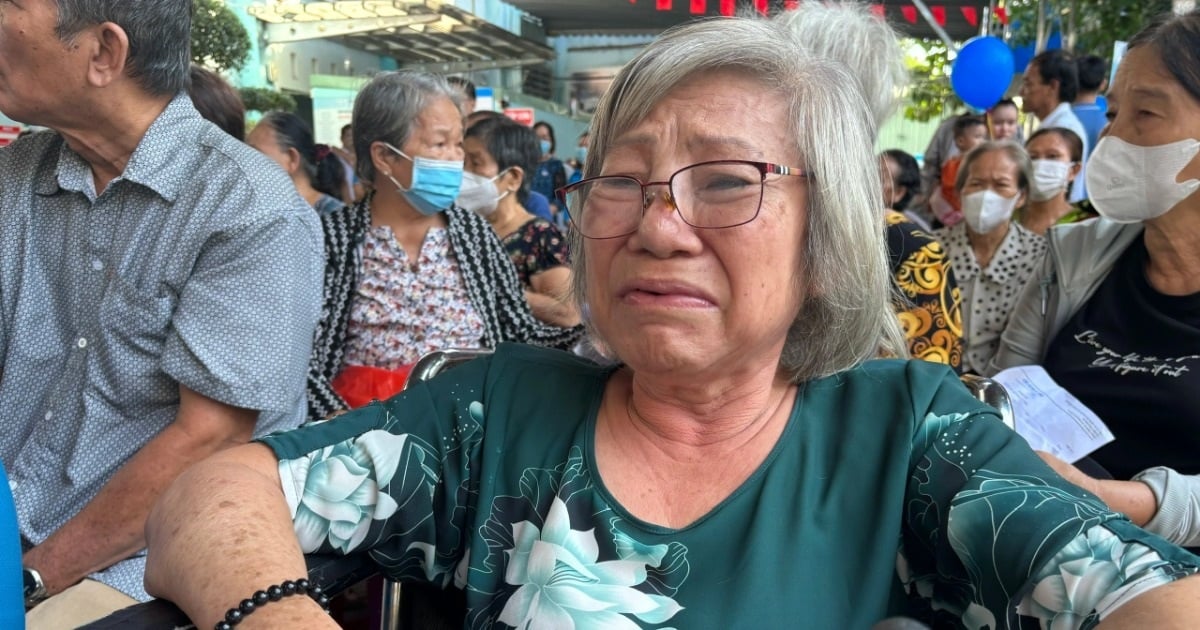

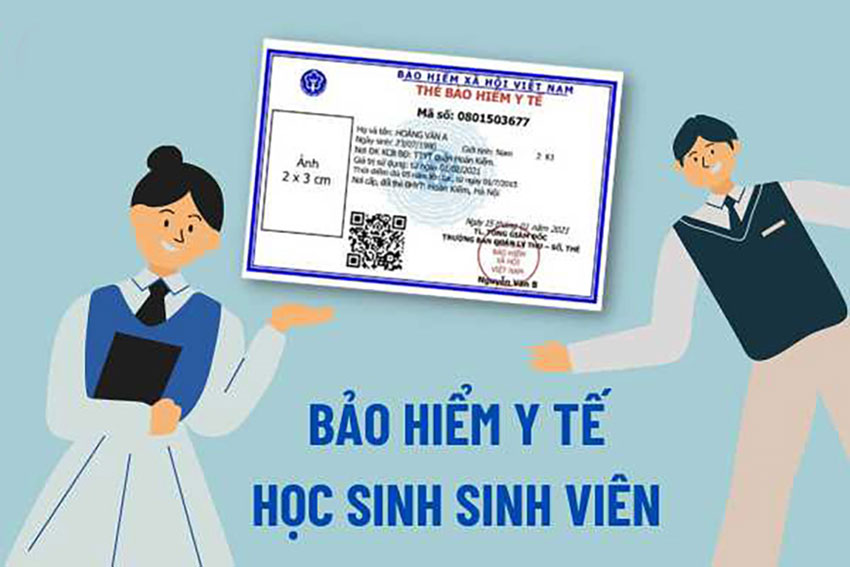

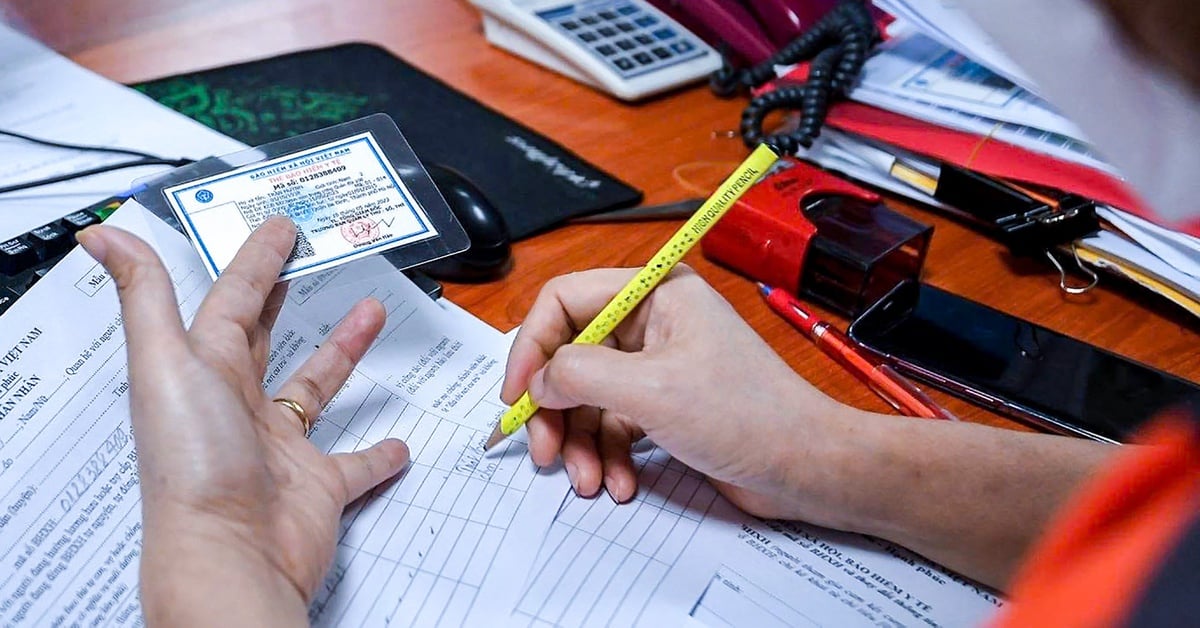

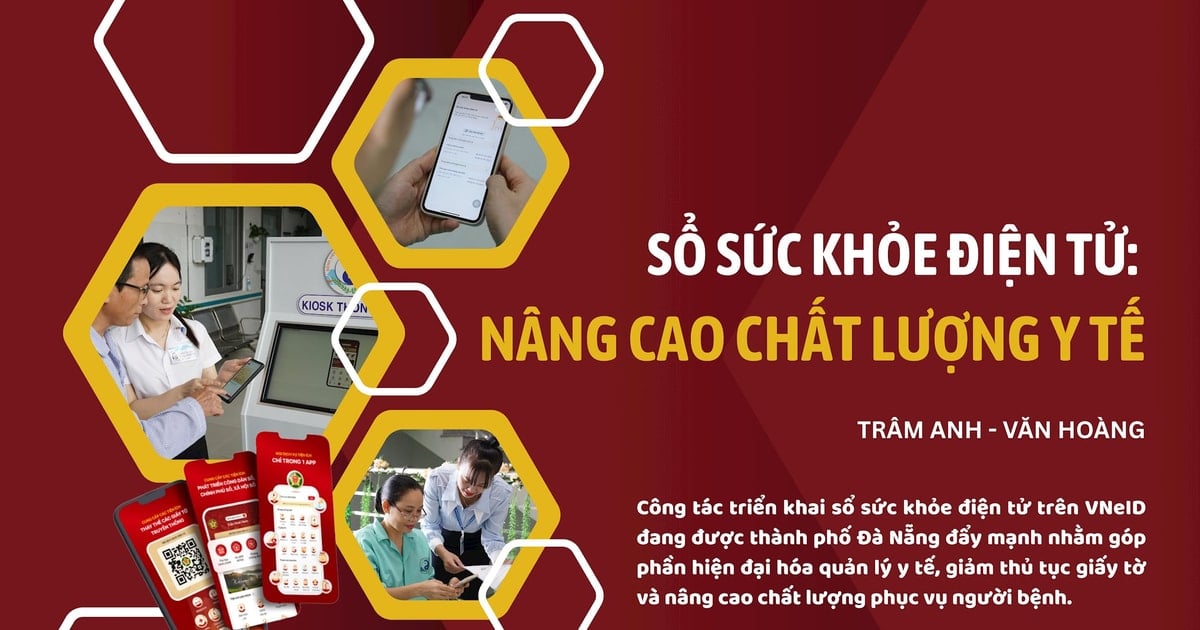





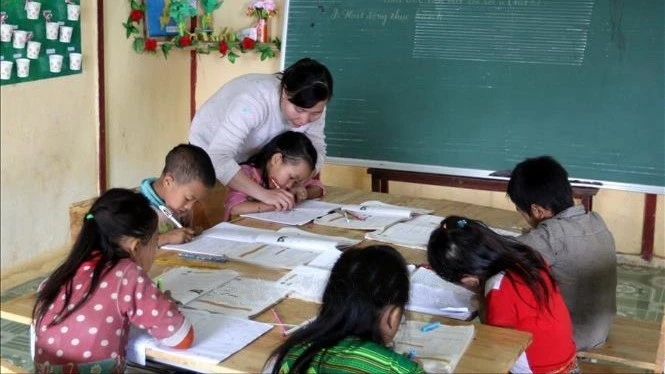



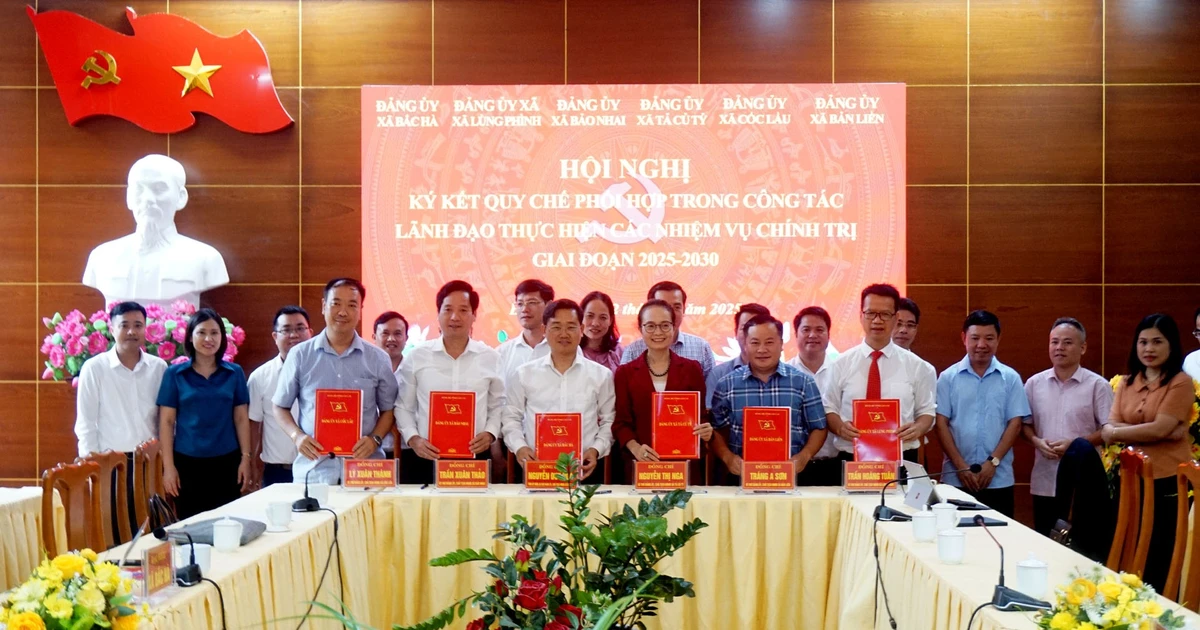
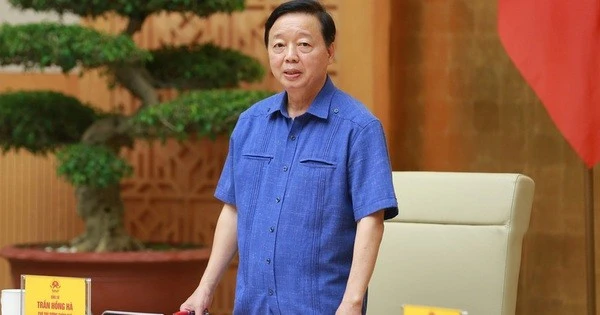
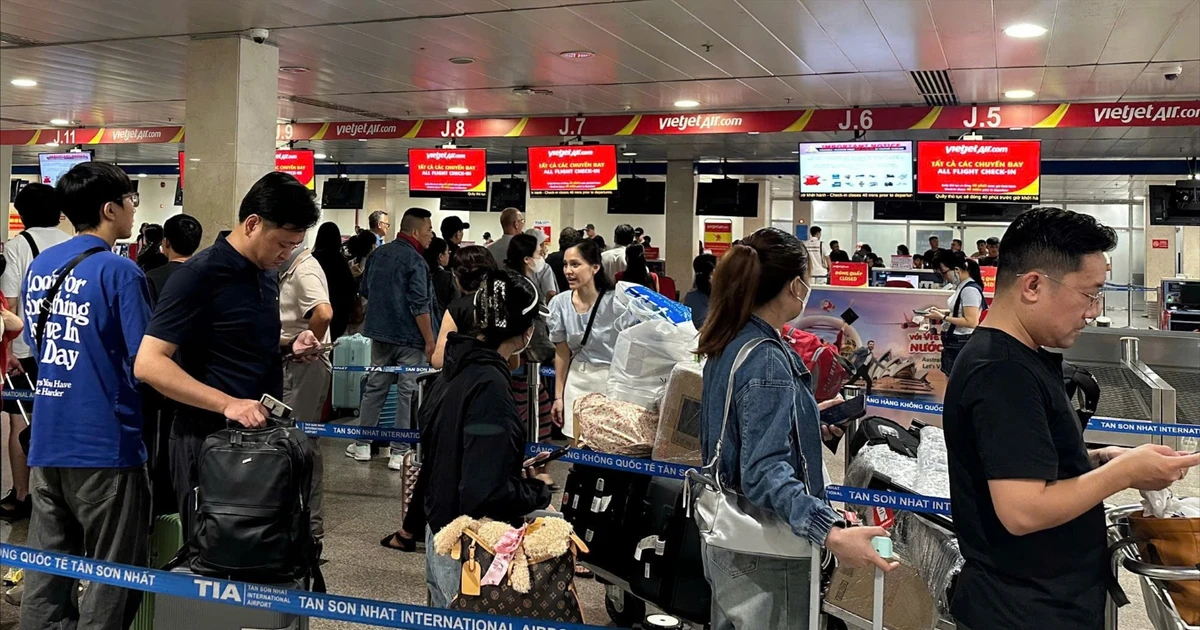






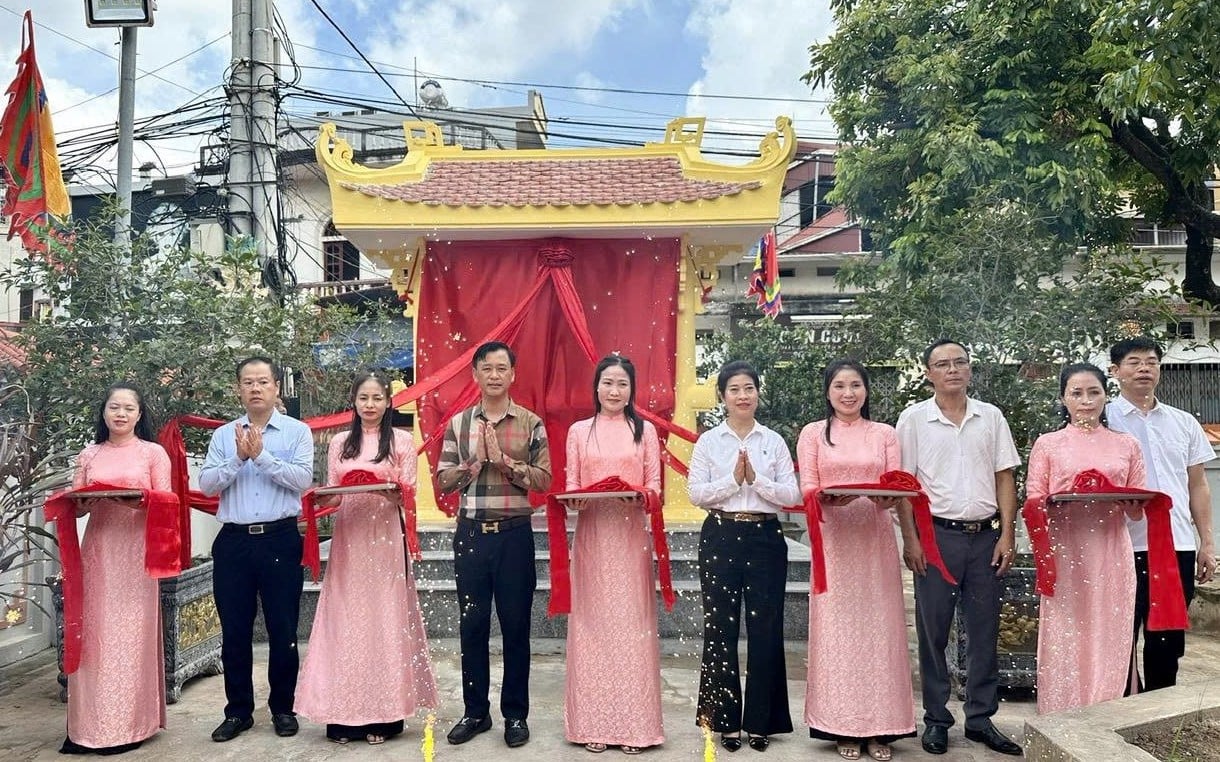
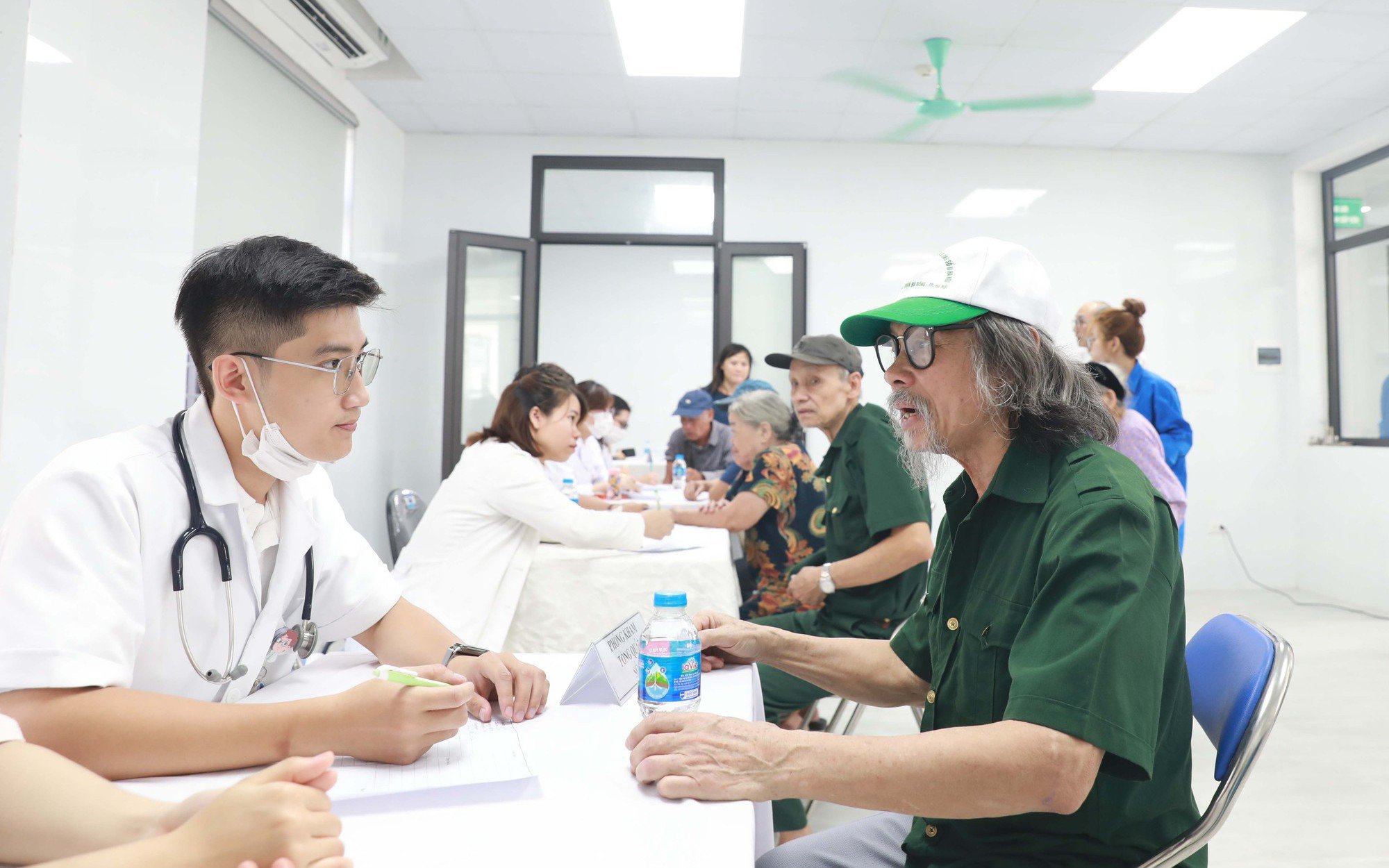

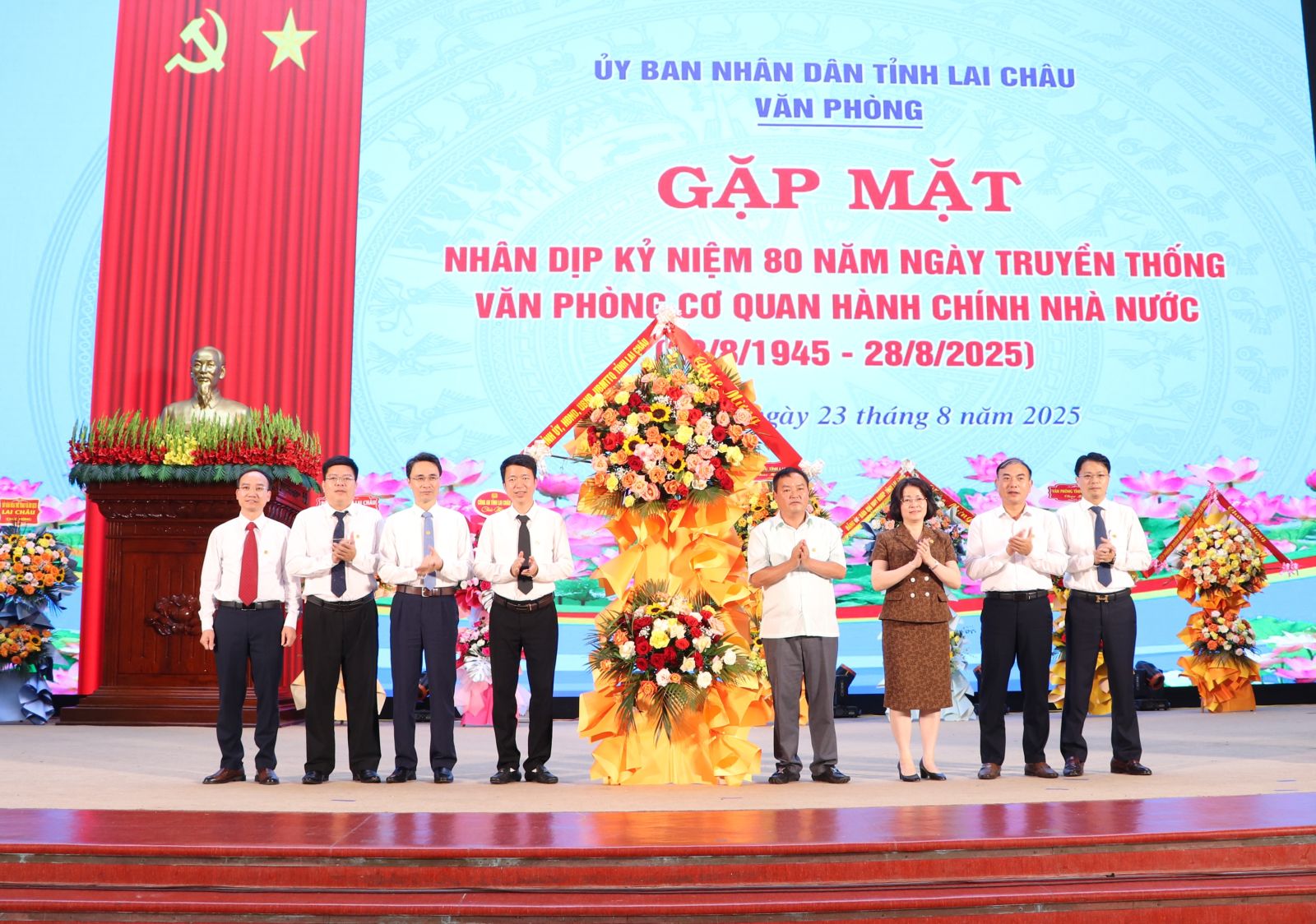










































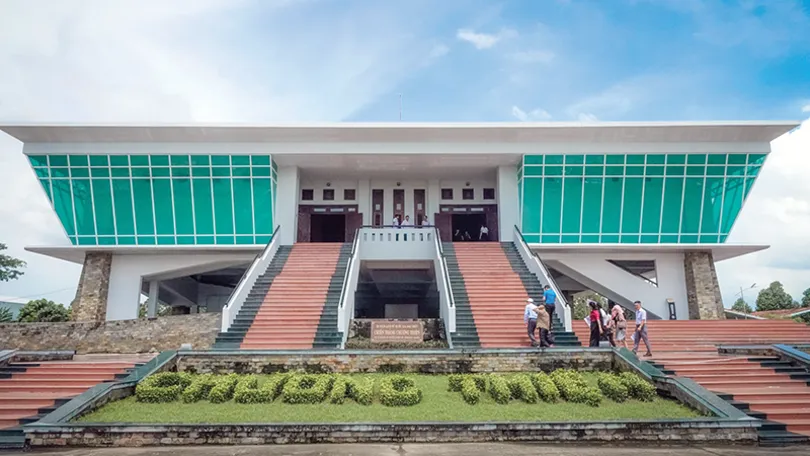



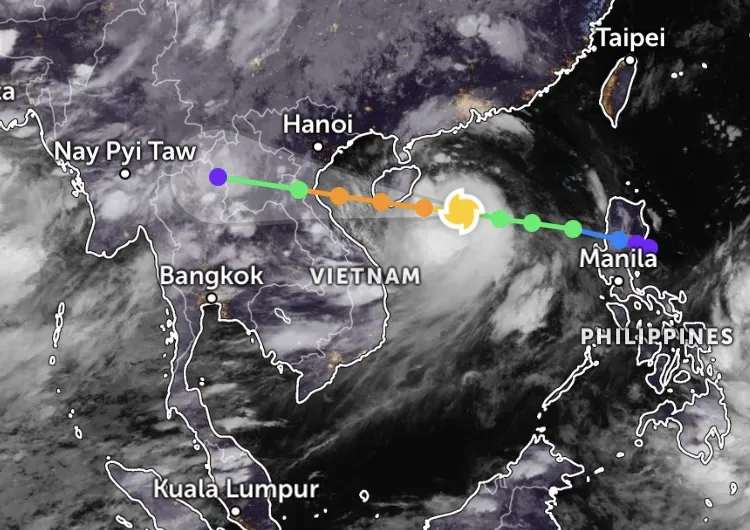




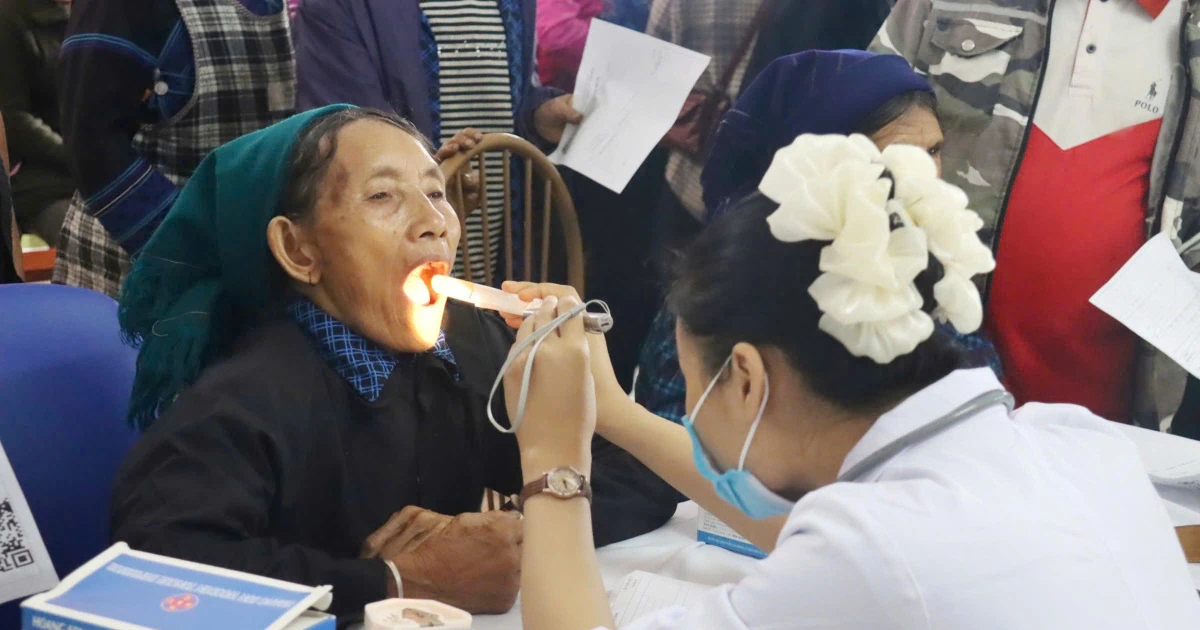














Comment (0)